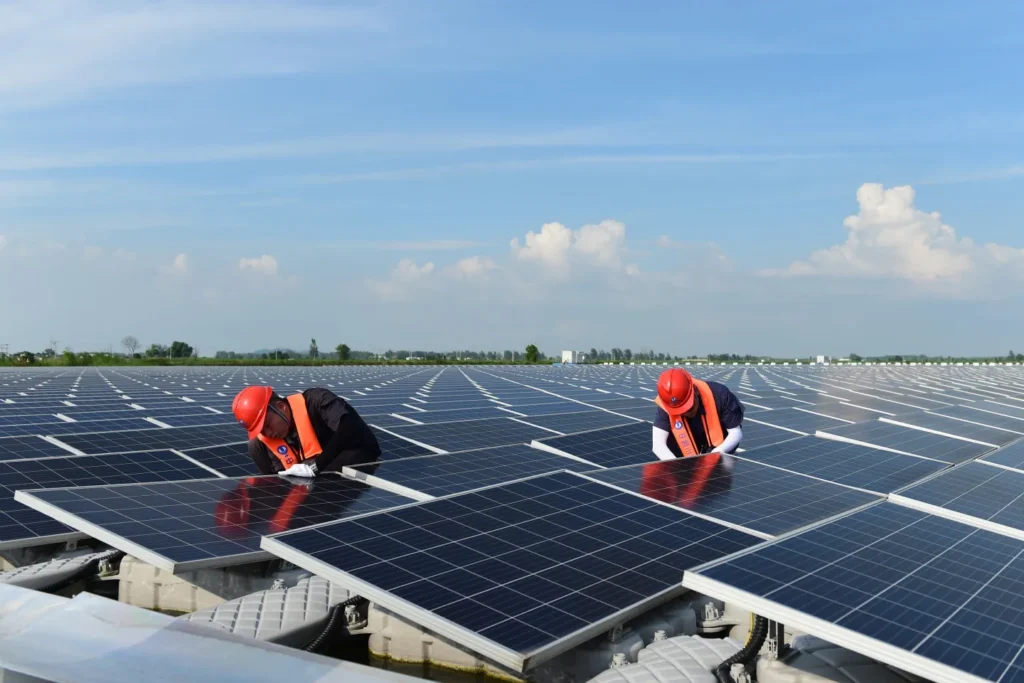Global renewable energy generation has surpassed coal for the first time, signaling a major milestone in the transition to cleaner power. Strong growth in solar power and steady wind energy expansion were the primary factors driving this historic change.
Experts say the shift reflects years of investment in renewable infrastructure and technology improvements that have made solar and wind more efficient and affordable. Governments and private companies around the world have accelerated the adoption of green energy to meet climate targets and reduce carbon emissions.
Solar energy saw record expansion, with new installations increasing rapidly across Asia, Europe, and North America. Wind energy continued its steady growth, with both onshore and offshore projects contributing significantly to global electricity production. Together, these renewable sources now account for a larger share of global electricity than coal.
Coal, long the dominant source of electricity generation, has seen declining use due to environmental concerns and stricter regulations. While some regions still rely heavily on coal, the overall trend shows a steady decrease in its share of power generation.
The shift to renewable energy has economic and environmental benefits. Cleaner energy reduces greenhouse gas emissions, improves air quality, and supports long-term sustainability goals. At the same time, investments in solar and wind projects create jobs and stimulate local economies.
Analysts note that energy storage and smart grid technologies have also helped renewables surpass coal. Improved storage solutions allow solar and wind energy to be used more reliably, even when the sun isn’t shining or the wind isn’t blowing. This has made renewable energy a more stable and practical option for meeting global electricity demand.
Countries leading in renewable energy have implemented supportive policies, including subsidies, tax incentives, and favorable regulations for clean energy projects. These measures have encouraged private investment and innovation in the sector, accelerating growth.
The milestone also underscores the global commitment to limiting climate change. Renewable energy adoption is essential for achieving international climate goals and reducing dependence on fossil fuels. Experts say continued growth in renewables will be key to maintaining progress and combating environmental risks.
While challenges remain, such as energy storage limitations and grid integration issues, technological advancements are helping to overcome these obstacles. As solar panels and wind turbines become more efficient, costs continue to fall, making clean energy increasingly competitive with traditional sources.
The record achievement of renewable energy overtaking coal marks a turning point in global energy production. It demonstrates that the transition to sustainable power is not only possible but already underway.
Looking ahead, experts expect renewable energy to continue growing, supported by innovation, policy measures, and global demand for cleaner electricity. Coal’s role in electricity generation is likely to shrink further, while solar, wind, and other renewable sources take center stage.
In summary, global renewable energy generation has surpassed coal for the first time, led by record solar expansion and steady wind growth. This milestone represents a major shift toward a cleaner, more sustainable energy future worldwide.


